
After the results of the November 4 midterm elections in the United States, many environmentalists are worrying about the political shift happening in the House and Senate. With a Republican-led majority, analysts are less expecting a standstill when it comes to approving a progressive climate change agenda. But while the Senate has been a large concern for national change, environmental protections and actions at the state and local level are seeing small wins. Here is a roundup of what the US midterm election means for environmental justice and recycling.
Senate Changes
The nation’s top environmental organizations funnelled as much as $85 million to 6 major senate races, but only two committed candidates–Democrat Rep. Gary Peters and Sen. Jeanne Shaheen–won their races. However, key political opponents to environmental causes were defeated in the election as identified by the League of Conservation Voters. 7 out of the LCV’s “Dirty Dozen” were defeated in California, Maine, New Hampshire, Michigan, Minnesota, Florida, and Oregon.
Still, major stalwarts against climate action were victorious in Iowa, Colorado, Georgia, Maine, and North Carolina. Overall, the Republican majority will directly impact the Environmental Protection Agency, which is controlled by Environment and Public Works Committee. Oklahoma Senator James Inholfe is expected to lead the Committee, putting a staunch skeptic of global warming science at the head of the important political body.
Local Shifts
While most are pessimistic about the House and Senate outcomes, climate change activists can be proud about the many ballots and measures passed at local and state level. Rhode Island’s Question 7 “Clean Water, Open Space, and Healthy Communities ” bonds were approved, which will allocate $53 million to various environmental projects and protections.
In California, the San Benito and Mendocino counties passed fracking bans, while the state’s Proposition 1 was passed by voters. This was an important measure to allocate money towards drought relief and water infrastructure projects.
Denton, Texas also won its measure to ban new fracking within the town’s boundaries. Next door, Louisiana’s passing of Amendment 8 will see to a budget for the Artificial Reef Program, which will help protect local fisheries and the coastline environment.
In addition, Florida’s Conservation Amendment (Amendment 1) passed, which would allocate tax dollars to land conservation projects and conservation land purchasing programs. This a big win for the state’s environmentalists in the midst of Rick Scott’s incumbent win.
Recycling and the Elections
When it comes to recycling, the elections brought more questions to how states will deal with funding recycling programs. In Massachusetts, voters rejected an expansion to the Bottle Bill, which would have added a 5-cent deposit on many cans, stemming growth of bottles beverage waste. Opponents that rejected the bill called it an ineffective and inconvenient way to increase recycling. Massachusetts’ energy bodies will now need to look at alternatives for the state’s recycling future.
In California, an audit report revealed that the cost to run the CalRecyle program exceeded revenue by $100 million. As a result, new state legislation will need to be introduced to increase revenue and reduce the cost of the program.
Overall, these ballots and measures are important launching points for continued, sustainable efforts in local and state politics. The results will certainly trickle down to increased efforts to support environmentally friendly legislation. Americans should watch and lend their voices to debates that will happen in the House and Senate over climate change, as compromises will become more important in the upcoming years.











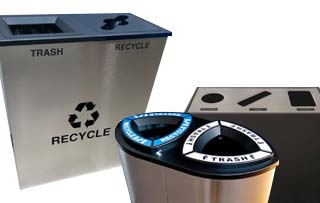









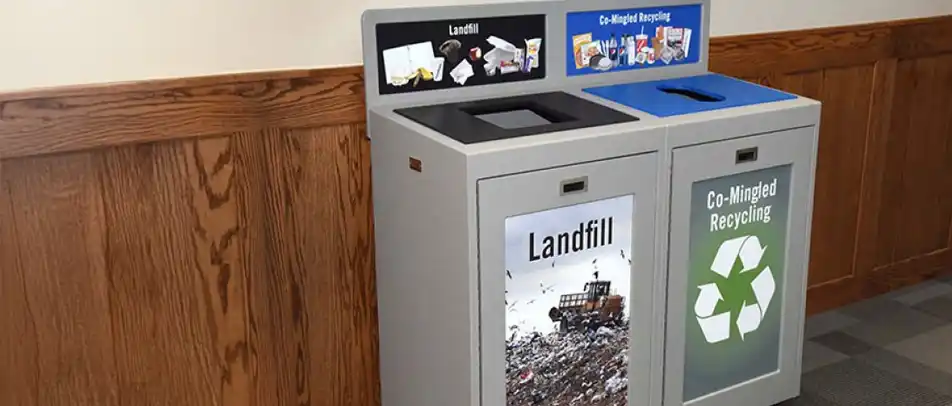










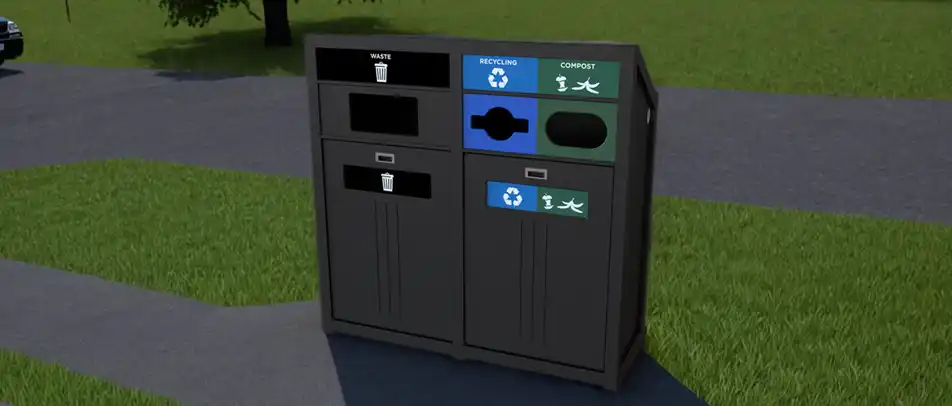












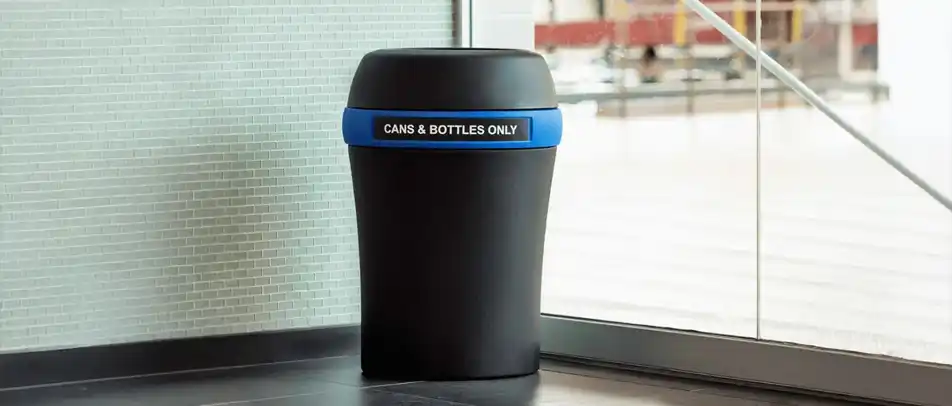









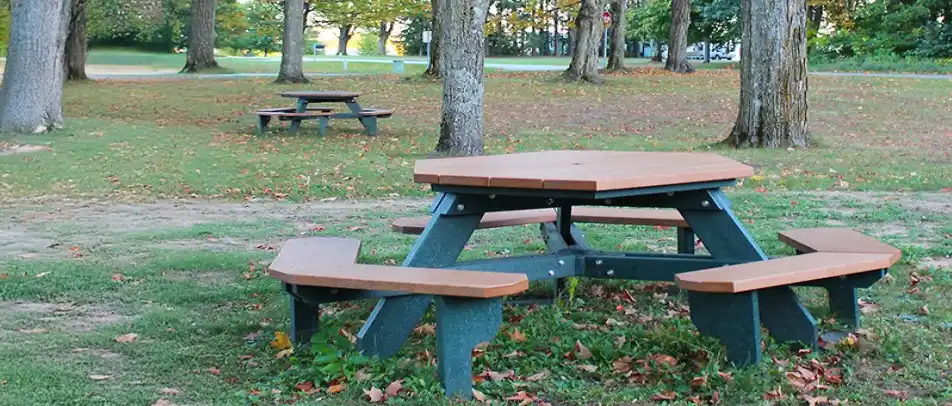
































 Three Ways to Engage Teams and Clients to Maximize Your Recycling Program Engagement
Three Ways to Engage Teams and Clients to Maximize Your Recycling Program Engagement  How to Integrate Accessibility Into Your Sustainability Planning
How to Integrate Accessibility Into Your Sustainability Planning  Why Park Benches Can Promote Workplace Well-Being
Why Park Benches Can Promote Workplace Well-Being 
